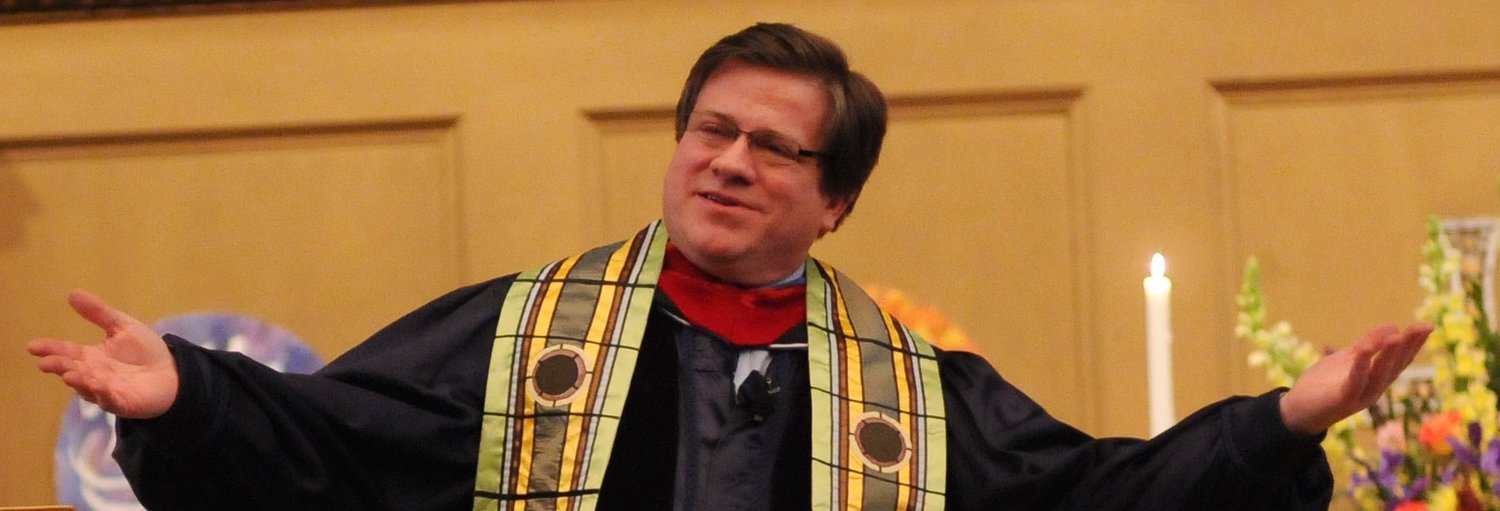Baltimore (with a little New York, Los Angeles and DC)
From 2009 to 2022, I served as Lead Minister of the First Unitarian Church of Baltimore, the historic congregation where Rev. William Ellery Channing of Boston preached "Unitarian Christianity," which became the second most widely-circulated philosophical document in the United States before 1840, and which was for many the proclamation of Unitarianism as not just "the Boston religion," but a faith for a democratic nation. Baltimore is a challenging city, and the people of First Unitarian (Universalist & Unitarian) meet the challenges they face with optimism and energy. In Baltimore we have engaged in the rebuilding of a community organization BRIDGE Maryland to focus its work on regional challenges and regional solutions. We have developed a strong mentorship program with students at the William Paca School, a public school in an impoverished neighborhood in East Baltimore, where First U adults lead book groups, give students a chance at visiting local colleges, and provide further enrichment opportunities. In the same neighborhood, First U members have created a community garden with mothers and children emerging from homelessness and drug addiction, along with further enrichment programs that include mindfulness, meditation and yoga.
In January of 2016, I began exploring next steps for my own education by auditing a seminar at Union Theological Seminary in New York City with Dr. Cornel West. Every Tuesday I took the train from Penn Station Baltimore to Penn Station New York, and then found my way to the subway and Morningside Heights. As we considered the problem of evil in the "western" tradition, I was engaged and encouraged. It was clear that I was not ready to leave parish ministry, but I wanted to determine next steps for formal study.
In January 2017, I explored the low-residence Doctor of Ministry program at Claremont School of Theology in southern California housed in the Center for Engaged Compassion. My interest is in examining the ways liberal communities of faith are renewed by their collective engagement of the world and by attention to the inner spiritual core of each individual.
I chose to enter the D.Min. program at Wesley Seminary in Washington, DC. I entered the Howard Thurman cohort, an approach to ministry with an inter-religious character. By choosing the Washington, DC site, I have a number of colleagues in the cohort with whom I have worked in public ministry settings in Baltimore and the state of Maryland. This has provided a rich experience of working and studying with Methodists, Baptists and UCCers with whom I find political and spiritual kinship. And, as the Puritans once might have added, affection.

